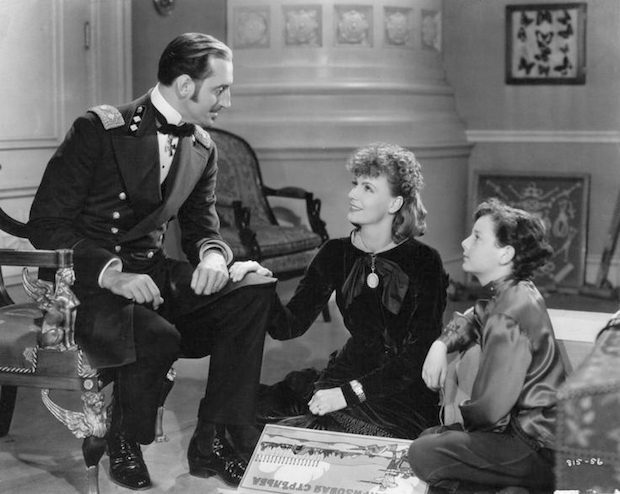Investigating LBJ, Victorian Masculinity, and the Man Who Saved Hemingway

The American Psychological Association thinks “traditional masculinity” is a problem. But there’s no such thing as a single “traditional” form of manhood. Look at the many versions of masculinity presented in Austen and Tolstoy, Ross Douthat writes.
The name of the Italian soldier who saved Hemingway in WWI has finally been found.
Gerald Russello reviews George Scialabba’s Slouching Towards Utopia.
The fall of Rome reminds us, among other things, “how fragile republican government is, how quickly elite interests can leave behind the common people, [and] how desirable a tyrant can be in the midst of real dysfunction.”
The return of Buffy: “High school can be hell and no one knows that better than Buffy the Vampire Slayer, who returns to her teenage roots in a new comic book series from Boom! Studios.”
A life in Paris: “Michael Peppiatt’s memoir is subtitled Paris Among the Artists, but it could be called A Portrait of the Art Critic As an Older Man. Peppiatt, who is best known for his biography and memoirs of his friend Francis Bacon, has spent the greater part of his working life in Paris, and this book is a love letter to the city, although not an uncritical one.”
Essay of the Day:
In The New Yorker, Robert Caro writes about what it takes to be a good investigative reporter and the life of Lyndon B. Johnson:
“Looking back on my work on Johnson, I think I realized on my very first drive into the Hill Country—or should have realized—that I was entering a world I really didn’t understand and wasn’t prepared for. I still remember: you drove west from Austin, and about forty-one miles out you came to the top of a tall hill. As I came to the crest of that hill, suddenly there was something in front of me that made me pull over to the side of the road and get out of the car and stand there looking down. Because what I was seeing was something I had never seen before: emptiness—a vast emptiness. I later found out that it’s a valley, the valley of the Pedernales River. It’s about seventy-five miles long and fifteen miles across.
“When I stood there looking down on it that first time, for a few minutes I didn’t see a single sign of human life in that immense space. Then something happened—a cloud moved from in front of the sun perhaps, and suddenly in the middle of this emptiness the sun was glinting off a little huddle of houses. That was Johnson City. When Lyndon Johnson was growing up in that town, three hundred and twenty-three people lived there; when I arrived, there were only a few hundred more. As I stood on that hill, I realized that I was looking at something, was about to drive down into something, unlike anything I had ever seen before, in its emptiness, its loneliness, its isolation.Read the rest.
Poem: Roseanne Watt, “Barnacle”
Photo: Cabin and stars
Receive Prufrock in your inbox every weekday morning. Subscribe here.
Comments